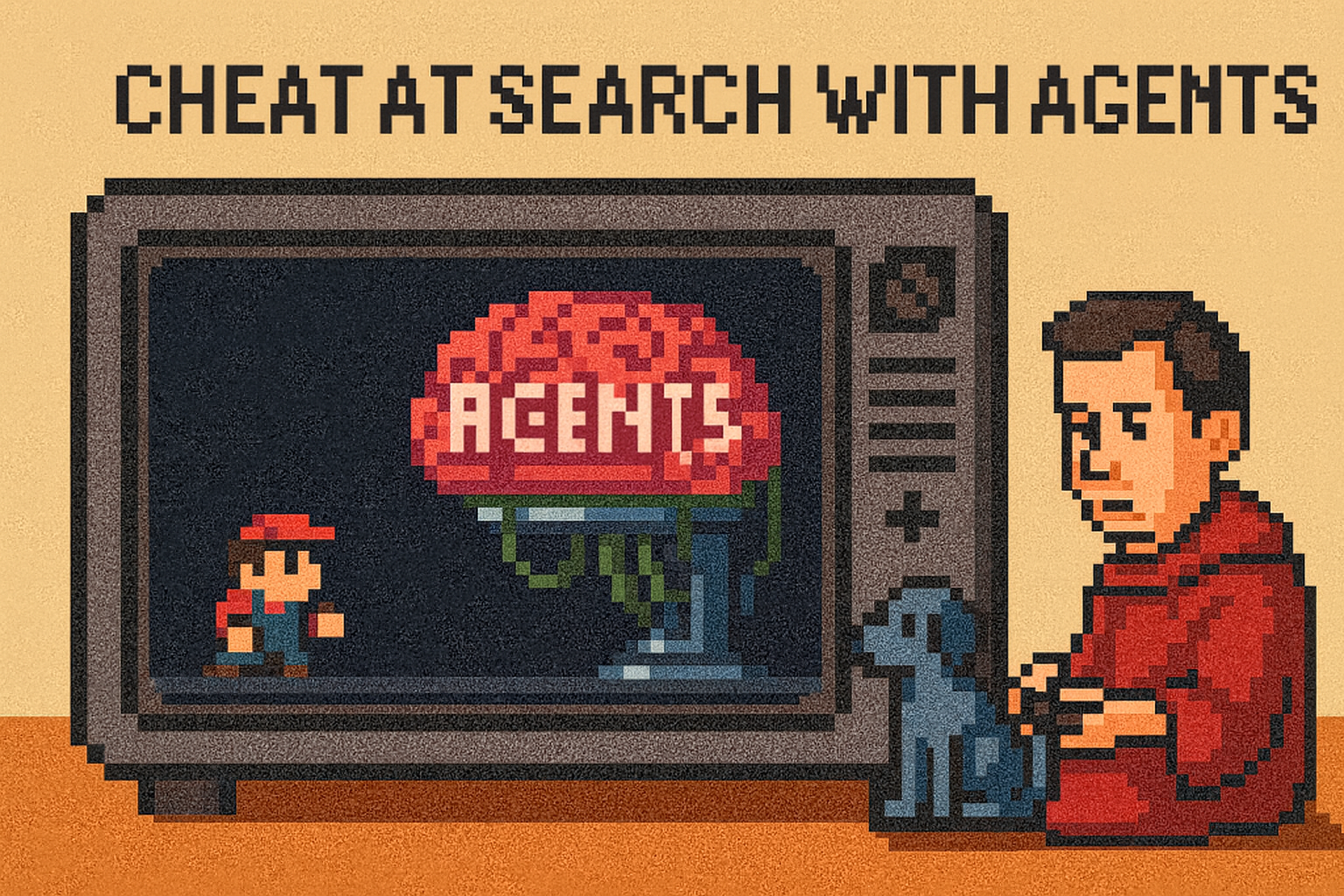To influence your field, it’s not about being the “expert” or “thought leader”, it’s about very visibly operating from a base of failure, ignorance, and humility.
Colleagues won’t learn much from “experts” that have it all figured out, they learn from people they identify with. People they see themselves in: blind, ignorant beginners like them, charting their path, making one idiotic mistake after another. Similar to great storytelling, they follow the character they identify with, a champion from their ranks taking on an activity, they, themselves, wish they could. Through the beginners trials and tribulations, they see how they themselves can get into this field.
The expert can’t empathize with newbies. The beginner, however, is constantly finding the newbie problems the expert takes for granted. The expert doesn’t need a map, and may struggle even drawing one, so familiar they are with the terrain. The beginner knows exactly how to draw the map they wish they had. They know not only how to give directions, but all the reasons why they’re the best directions, due to painful trial and error.
The expert may struggle to explain principles of their field beyond citing religion. The beginner finds the real, first principles, through painful failure and humiliation. The expert may become overly attached to their view of the world, need to maintain their status, and completely forget the exploration it took to get there.
By finding real first principles, beginners stumble upon true innovation. They experience the genuine problems felt in the user base. This lets them build meaningful and disruptive products connecting real user problems and first principles. Experts can’t easily empathize with the market’s problems. They struggle to break free of the pedestal they’ve been placed upon. A wobbly pedestal easily blown over.
Be a beginner. Avoid “expertise” :). Share your knowledge early when you have maximum empathy with others - you know the language it takes to educate them. You’re best positioned to have an impact one step ahead, not many steps ahead.
If you can stay a beginner, you will have mastered true “expertise” - the ability to use or discard your weak n=1 experience as needed. To be a visible presence in a field. Or to discard the field itself as a useless construct meant to protect the status of experts. To master learning itself, not the field.
The biggest true failures in my career have been forgetting to be a beginner. By resting on my laurels, I can get overly attached to my status and get knocked off my pedestal by actual disruption. It happens, we’re human. Can we pick ourselves back up and reorient ourselves to a place of vulnerability? A beginner status? How long can we harness that beginners mindset, despite feeling dumb, and even the ridicule of experts, to find real innovation?
More reading:
Enjoy softwaredoug in training course form!
Starting Feb 2!
 I hope you join me at Cheat at Search with LLMs to learn how to apply LLMs to search applications. Check out this post for a sneak preview.
I hope you join me at Cheat at Search with LLMs to learn how to apply LLMs to search applications. Check out this post for a sneak preview.
